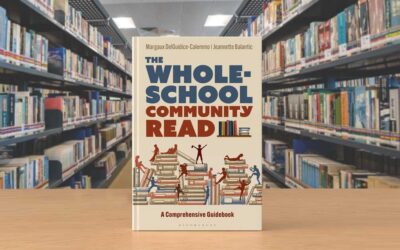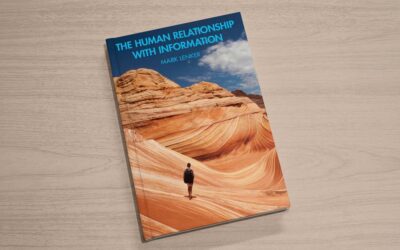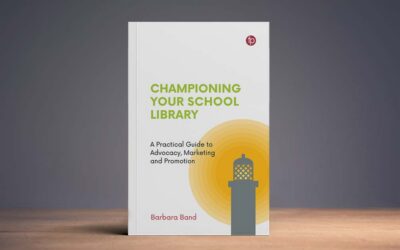Setting Educational Goals for Your Special Library
Lauren Hays
2019 has drawn to a close and it is a good time to reflect and set goals for the new year we’ve entered. While personal resolutions are common each January, I think professional goals that can be staged throughout the year are just as valuable. As you know from my previous posts, I like to write and think about education in libraries, so let’s take time to reflect on what education goals we have for our special libraries in 2020.
The Enabling Competencies from the Special Libraries Association (SLA), are a list of professional attributes that help special librarians in their career development and professional growth. They are:
- Critical thinking, including qualitative and quantitative reasoning;
- Initiative, adaptability, flexibility, creativity, innovation, and problem solving;
- Effective oral and written communication, including influencing skills;
- Relationship building, networking, and collaboration, including the ability to foster respect, inclusion, and communication among diverse individuals;
- Marketing;
- Leadership, management, and project management;
- Life-long learning;
- Instructional design and development, teaching, and mentoring; and
- Business ethics. (para. 20)
Included in this list are many skills necessary to provide high-quality education. Specifically, critical thinking, innovation, effective oral and written communication, relationship building, life-long learning, instructional design and development, teaching, and mentoring are areas to focus time and attention on as part of your 2020 education plan.
There are various ways to set goals, but personally, I like to create SMART goals. SMART stands for:
- Specific (simple, sensible, significant)
- Measurable (meaningful, motivating)
- Achievable (agreed, attainable)
- Relevant (reasonable, realistic and resourced, results-based)
- Time bound (time-based, time limited, time/cost limited, timely, time-sensitive). (para. 7)
For example, one goal I have had in the past is:
By June, I will design one new training module to help new hires become familiar with the resources available to them in the library.
This is a SMART goal because it is
- Specific: I will design a training module for new hires to become familiar with resources available to them in the library.
- Measurable: I will design one new training module.
- Achievable: Knowing what I know about my workload this is an achievable goal because I have given myself six months.
- Relevant: This is a gap in knowledge for our new hires and our library wants to fill the gap.
- Time bound: This will be accomplished by June.
Depending on your role in the library, you may set individual goals, or you may want to gather your team and think about what educational goals you want to set in 2020. Your educational goals can include creating specific content, revising existing material, building relationships so people see the library as a place for learning, or gaining additional skills so the library can be a leader in lifelong learning.
What education goals do you have for your library in 2020? We are very interested in hearing them, so please feel free to share them in the comments section below.
References
Mind Tools Content Team. (n.d.). SMART goals: How to make your goals achievable. Retrieved from https://www.mindtools.com/pages/article/smart-goals.htm
Special Libraries Association. (2016). Competencies for information professionals. Retrieved from http://www.sla.org/about-sla/competencies/
Lauren Hays
Lauren Hays, PhD, is an Assistant Professor of Instructional Technology at the University of Central Missouri. Previously, she worked as an Instructional and Research Librarian at a private college in the Kansas City metro-area. Please read more on Lauren’s skills for special librarians, and you may want to take a look at Lucidea’s powerful ILS, SydneyEnterprise.
Similar Posts
Authors DelGuidice-Calemmo and Balantic on the Basics of Whole-School Community Reads for Librarians
In this interview, the co-authors of “The Whole-School Community Read” reflect on starting small, evolving the program, and building excitement.
3 Ways to Lead from Within the School Library
School librarians can lead from within their organization. Librarian Lauren Hays shares practical ways to identify tech gaps, support staff, and keep learning.
Interview with the Author: Mark Lenker on The Human Relationship with Information
An interview with librarian, philosopher, and author Mark Lenker on his series of short, reflective essays that explore information literacy through a philosophical lens.
An Interview with Author Barbara Band on Championing Your School Library
School library advocate Barbara Band shares guidance from her book on championing school libraries, including strategic advocacy, marketing, and demonstrating impact.




Leave a Comment
Comments are reviewed and must adhere to our comments policy.
0 Comments